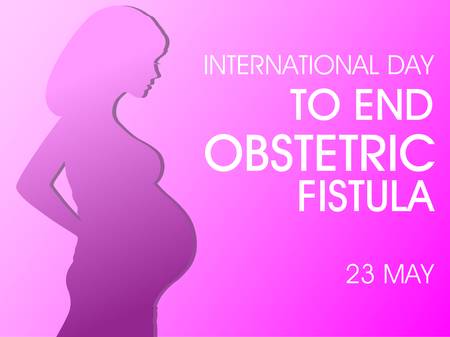According to the World Health Organization, Obstetric Fistula is a health condition that could be prevented yet its impacts severely affect between one and two million girls and women’s globally, with fresh cases estimated at 100,000 per year.
This death during childbirth due to a complication known as obstructed labour results in incontinence, stigmatization and advanced health complications. The continuation of this state is attributed to inadequate primary and secondary health care, including family planning and emergency obstetric care before and during the pregnancy, particularly among vulnerable groups of people in developing countries and the least developed regions.
Though the UN marked the first International Day to End Obstetric Fistula in 2013, much still needs to be done to stop, diagnosis, and exclude this harming from females as no woman should endure this preventable and curable disability.


